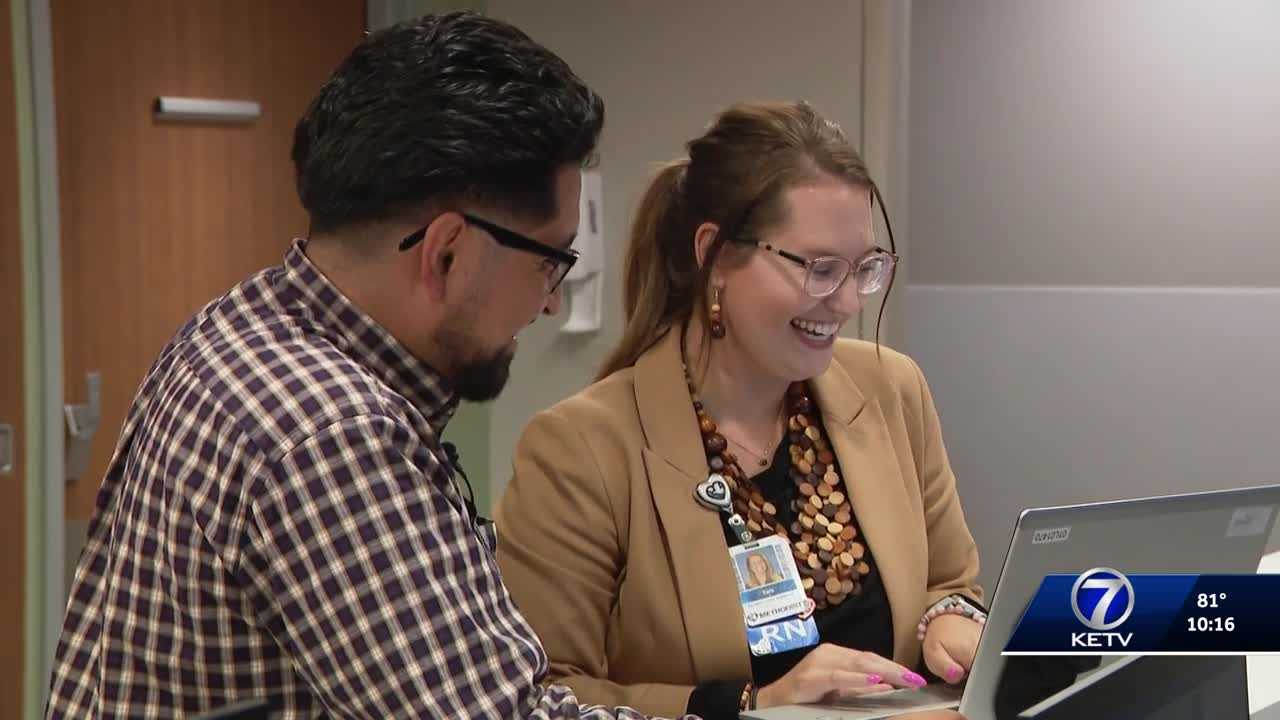Methodist Health System Employs Community Health Workers to Support Patients

A Holistic Approach to Patient Care
When patients visit a healthcare provider, they are often asked about life challenges such as housing, food insecurity, or safety. However, the Methodist Health System in Omaha has taken an innovative step by incorporating a human connection into their survey process. This approach ensures that patients receive not only medical care but also support for the broader aspects of their lives.
Becky Jizba, a patient care service executive at Methodist, emphasizes the organization's commitment to treating patients holistically. "We want to treat our patients more than just the disease," she said. This philosophy has led to the introduction of community health workers, who play a crucial role in connecting patients with essential resources.
The Role of Community Health Workers
In 2023, Methodist Health System added community health workers to both Methodist Hospital and Methodist Women’s Hospital. These individuals do not wear scrubs or white coats, nor are they social workers. Instead, they serve as friendly, non-threatening connections between patients and community resources.
Hector Sanchez, a community health worker at Methodist, describes his role as one of presence and care. "I see roughly 20 patients a week," he said. His approach is centered on building trust through simple conversations, aiming to understand the needs of patients beyond their medical conditions.
Sanchez's work is particularly impactful because he often encounters patients who express feelings of being unheard. "They literally said, in my adult life, I finally have someone who listens to me," he shared. This sentiment highlights the significance of having someone who genuinely cares about their well-being.
Addressing Social Determinants of Health
Community health workers like Sanchez focus on key areas such as access to food, medicine, and secure housing. They connect patients with local social service agencies to ensure their needs are met. This support can significantly influence health outcomes, as Jizba explained: "We have found that people's health outcomes are 80 percent affected by their social drivers."
By addressing these social determinants, patients can experience improved health and reduced stress. For many, the assistance provided by community health workers becomes a lifeline. Since April 2024, Methodist and Methodist Women’s Hospital have screened over 27,000 patients, with one in ten requesting help when offered.
Expanding the Impact
Methodist Health System has been utilizing community health workers in their Fremont location for several years. Their efforts have proven effective, leading to a growing demand for similar programs across different environments. Sanchez believes that community health workers should be present in every setting where patients receive care.
The impact of these workers extends beyond the hospital walls. Patients often share how touched they are by the attention and care they receive. This connection fosters a sense of belonging and support, which is vital for overall well-being.
Conclusion
The integration of community health workers into the healthcare system represents a significant shift towards holistic patient care. By addressing the social determinants of health, organizations like Methodist Health System are making a meaningful difference in the lives of their patients. As the need for such services continues to grow, the role of community health workers will become increasingly essential in ensuring that every patient receives the support they need to thrive.
Post a Comment for "Methodist Health System Employs Community Health Workers to Support Patients"
Post a Comment